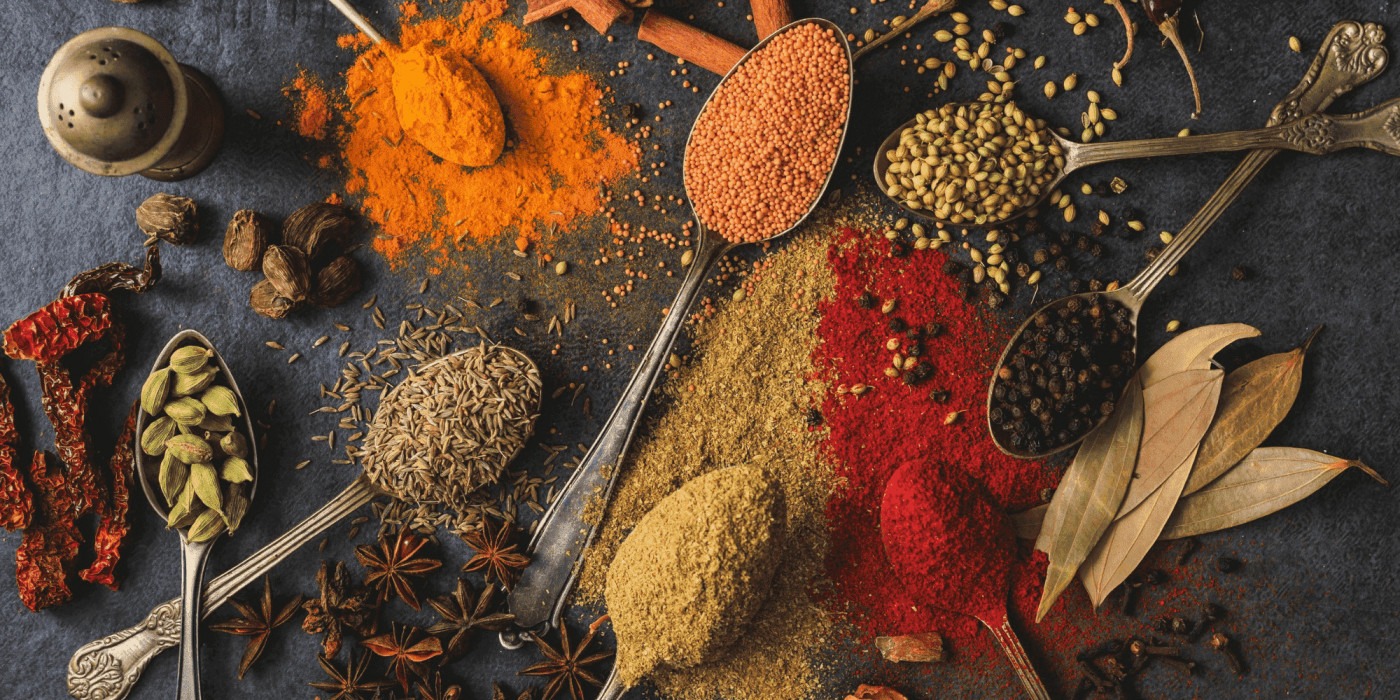Delicious dialogues in distant domains
As an international student in the UK, I often find myself grappling with a profound sense of homesickness and a yearning for my cultural roots. The bustling streets of British cities, while exciting and full of opportunity, can sometimes feel like a world apart from the familiar sights, sounds, and smells of home. In this foreign land, avenues to express and connect with my own culture are surprisingly limited, creating a sense of disconnection that gnaws at my identity. There are moments when I catch my reflection in a shop window and barely recognise the person staring back – someone who seems to be slowly morphing into a different version of themselves, one who feels increasingly alien to the culture that shaped them. This gradual transformation, while perhaps inevitable, stirs a mix of emotions: excitement for personal growth, but also a fear of losing touch with the essence of who I am and where I come from.
From family gatherings to religious ceremonies, meals are the backdrop against which our lives unfold
In the midst of adjusting to life abroad, there’s one thing that keeps me connected to home: the food I cook for myself. My suitcase, packed with spices from home, is like a treasure chest in my small student kitchen. Every time I open a spice jar, the smell instantly reminds me of where I came from. Cooking has become a way to relax and express my culture by using familiar ingredients like turmeric and cardamom. Searching for an Indian grocery store in the city feels like a quest, and finding the right ingredients is like discovering parts of myself. When I finally sit down to eat a homemade curry, the taste is incredibly comforting. It’s like getting a warm hug on a cold, rainy day in Britain. In these moments, I don’t feel like just another foreign student. Instead, I feel proud of my culture and happy to share a piece of home through the food I make.
Food’s power to evoke memories and culture lies in its ability to engage all our senses simultaneously, creating a rich, multidimensional experience that’s deeply etched in our minds. Unlike other cultural elements that might appeal to just one sense, food combines aroma, taste, texture, and even sound, forming a complete sensory package that’s uniquely tied to our emotions and memories.
Moreover, food is often at the centre of our most significant life events and daily rituals. From family gatherings to religious ceremonies, meals are the backdrop against which our lives unfold. This consistent presence in our formative experiences makes food an unusually potent carrier of cultural identity.
While traditional songs or dances might remain unchanged for generations, cuisine adapts and transforms, incorporating new influences while maintaining its essence. Consider the humble pizza, which travelled from Naples to New York and got a makeover bigger than Lady Liberty’s. It arrived as a simple Margherita and evolved into a stuffed-crust, pineapple-topped, ranch-drizzled identity crisis that would make an Italian Nonna faint faster than you can say “Mamma Mia”. It’s like the Statue of Liberty and the Leaning Tower of Pisa had a delicious, cheesy love child that took over the world, one slice at a time.
Preparing and sharing food from our culture is a powerful form of storytelling
Throughout history, food has been the unsung hero of cultural celebration. Ancient civilizations used it to impress gods and showcase status – early food influencers, if you will. The spice trade didn’t just add flavour, it sparked a global culinary revolution. Recipes became cherished heirlooms, passed down with more care than royal jewels. When colonizers attempted to rewrite menus, indigenous people kept their culinary traditions simmering as a form of delicious resistance. Today, diaspora communities open restaurants that serve as aromatic embassies in foreign lands. From tomatoes finding their forever home in Italian cuisine to potatoes becoming Ireland’s unexpected staple, food has been the ultimate cultural chameleon. It’s humanity’s shared language, where every dish tells a story of identity, adaptation, and the universal love of a good meal.
In essence, preparing and sharing food from our culture is a powerful form of storytelling. Each dish we create weaves a narrative of ingredients, techniques, and traditions, carrying whispers of our history and customs. When we recreate these culinary tales in a foreign land, we’re not just satisfying hunger; we’re opening a flavourful dialogue, inviting others to taste our heritage.
This edible storytelling bridges cultures, allowing us to maintain our identity while embracing new experiences. It reminds us that while we may be far from home, home is never truly far from us. Through cooking and sharing meals, we become cultural ambassadors, offering a warm, delicious invitation to our world. So, the next time you’re feeling adrift in a sea of unfamiliarity, remember that your cultural compass might just be hiding in your spice rack, ready to guide you back to your roots with a sprinkle of this and a dash of that. After all, in life’s grand buffet, it’s our unique flavours that keep things deliciously interesting.

Comments